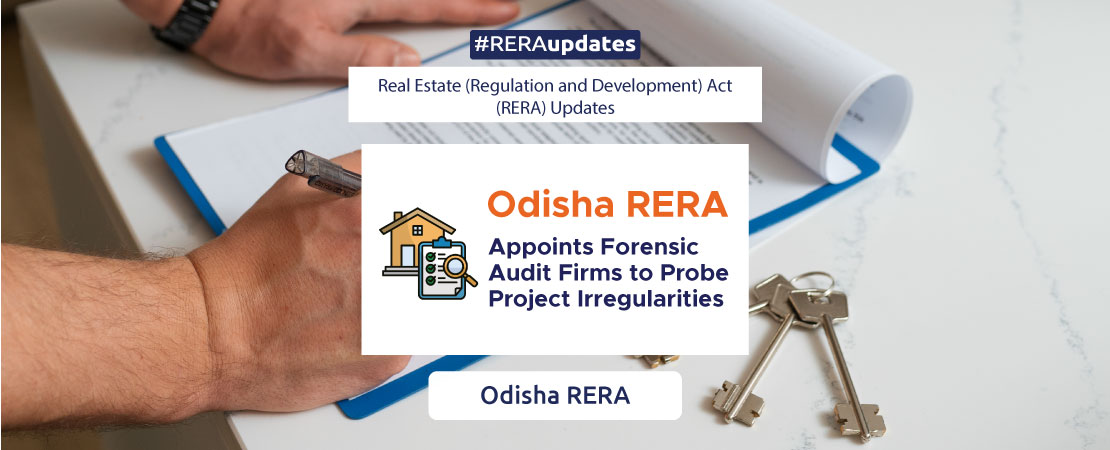Telangana RERA Orders Refund with Interest
Telangana RERA (TGRERA) has ordered a builder to refund 62 homebuyers with 11% interest after finding the builder misused their funds on other projects. The builder, operating since 2021, failed to register the project under RERA, a legal requirement for projects exceeding 500 sq m or 8 apartments. Construction was only 20% complete by June 2024, far beyond the promised December 2023 possession date.
Key Findings
- Refund Order: Builder must refund 62 homebuyers.
- Interest Rate: 11% interest on the refund amount.
- Reason: Misuse of funds on other projects.
- RERA Violation: Failure to register the project under RERA.
Project Details
| Criteria | Details |
|---|---|
| Builder’s Operation Since | 2021 |
| RERA Registration Requirement | Projects exceeding 500 sq m or 8 apartments |
| Construction Completion (June 2024) | 20% |
| Promised Possession Date | December 2023 |
TGRERA’s Stand
TGRERA deemed the builder’s actions a “glaring violation” of RERA regulations, highlighting a pattern of non-compliance across multiple projects. The authority emphasized that statutory approvals pending is not a justification for non-compliance. Experts hail the ruling as a reinforcement of RERA’s purpose: protecting homebuyers and regulating the real estate industry, warning buyers to verify registration and approvals.
Implications and Expert Advice
- TGRERA’s View: Builder’s actions are a “glaring violation” of RERA regulations.
- Pattern of Non-Compliance: The builder has shown a pattern of non-compliance across multiple projects.
- Statutory Approvals: Pending approvals are not a justification for non-compliance.
- Expert Opinion: Ruling reinforces RERA’s purpose of protecting homebuyers and regulating the industry.
- Buyer’s Responsibility: Buyers are warned to verify registration and approvals before investing.
#TelanganaRERA #HomebuyerRights #RERAIndia #RealEstateAlert #RefundWithInterest #BuilderViolation #ProtectHomebuyers #RERALaw #PropertyInvestment #RealEstateRegulations #HomebuyerAwareness #RERARules #PropertyRefund #TGRERA #KnowYourRights









